Jefford on Monday
My last harvesting experience was with Languedoc Cinsault: big, blobby bunches that had contrived to grow themselves tightly around both tendrils and training wires. Within minutes, you had sticky hands and jammy secateurs. Gathering Xarel-lo grapes from the ancient vines of Raventos i Blanc's Clos del Serral a little earlier this year was much easier. The tightly packed, green-gold bunches, luminous in the early morning sunlight, hung sparely from contorted, staggering plants, some of them as tall as I was. One clean snip followed another. The bucket seemed to fill itself.
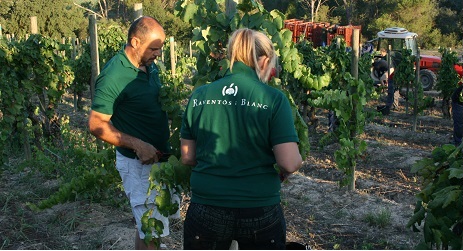
We'd begun at 7, in the cool air of a late August morning. Everyone held hands, in a large circle, while Pepe Raventos addressed the moment, remembering a precious colleague lost since the last vintage. A couple of hours later, we ate breakfast rolls and drank the Raventos L'Hereu decanted into porrónes (spouted drinking jars), passed around the group: you lift the glass vessel into the air and pour directly into your mouth. It delivers a large, instant mouthful, frothing and nose-tickling: very bacchic.
The picking sortie gave me a chance to catch up with the Cava rebel, and gauge a little of his thinking. In November 2012, Pepe Raventos decided to pull Raventos i Blanc from the Cava DO; since then, the wines have been sold under the Conca del Riu Anoia (Anoia River Basin) descriptor, though technically they are no more than ‘quality sparkling wine’.
He did it, he says, out of frustration at the tarnished international image of Cava. Since then, he and his wife Susana and their four children have lived for most of each year in New York, though this will be the last winter they do that: the house they have been slowly building on the estate is now almost finished; the children's English is fluent; the experience has enriched them all. ‘The more time I've spent abroad,’ he told me, ‘the more I see that if we work honestly, with hard efforts from vineyards to bottling, and with transparency to the consumer, then we can realise the dream of offering something unique here. Something different. Not better or worse, just different. Like all the wines which wine lovers want to drink. If you like dry, mineral sparkling wines, then what we can make here, near the Anoia river, is the highest saline expression I have tasted in sparkling wines.’
Cava, he feels, can no longer communicate that message. ‘It's a beautiful name, but it's ten times too late. The Cava world is three big players; it’s a business. The core of the region should be the smaller producers. But instead of doing things right, they criticize the big producers all the time. It's a mess. Apart from a few companies, nobody does the homework. Nobody does top-quality winemaking. Nobody does indigenous grapes. Nobody does 18 months on lees. Nobody does vintages. Nobody does the minimum sulphur possible. Nobody spends a lot of money buying wines from all over the place to taste and to learn. You know how it is in the wine business. We say one thing; we do another. Until you put it all together, you won't get the kind of wines which get people excited when they taste them. I think this is fair, no? The times of the winemaker with a tie and a Range Rover, this is over. There are too many great wines out there.’
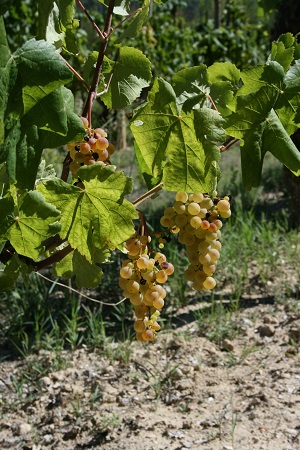
So far, no other producer has joined Raventos i Blanc in using the Conca del Riu Anoia name, perhaps because the quality charter which goes with it looks over-onerous (it stipulates 80 per cent estate grown fruit, only organic or biodynamic cultivation and only indigenous varieties), but more probably out of respect for their forbears. Some top-quality Cava producers I have spoken to privately, though, feel as frustrated as Raventos does, and may not be far off making a similar decision.
As it happens, the new name may have to be relinquished: the Penedès DO is trying to create sub-regions, and ‘Conca del Riu Anoia’ would be one of those. Pepe Raventos is unfazed; there would, he says, be other options. The use of a different name as a label descriptor rather than a DO has, he claims, ‘worked beautifully’. The Raventos i Blanc packaging has more classical elegance than any Cava rival, yet at the same time communicates the terroir and estate story on back labels as effectively as any sparkling wine or Champagne I know. Over half the sales are outside Spain.
It would be a shame, I feel, if Pepe Raventos’ decision to quit the DO negated his local influence. He's one of the few winemakers I’ve met who could genuinely be called visionary; he’s energetic and international in his outlook; and his people skills are remarkable, too (his first passion was social work, and he worked with the elderly before coming into the wine world). In addition to wine-making studies, he also trained as a sommelier, giving him horizontal as well as vertical wine culture.
And he’s still learning. ‘I don’t believe in the perfect wine any more. After tasting for many years, I think that the perfect wine doesn’t exist.’ He’s also abandoned the pure single-estate ideal. ‘I’m no longer a 100% man. Using only your own vineyards is respectful but a little bit egocentric. It makes you think that you are better than the rest, and this puts you in a bad frame of mind. I learn more from my farmers than I learn from my own team.’
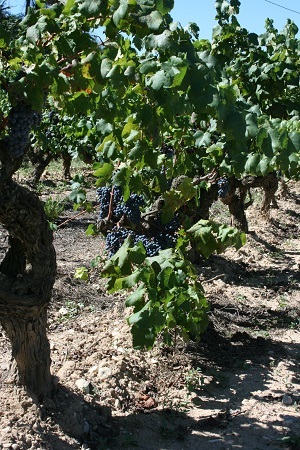
He intends to reserve the Raventos i Blanc name for sparkling wines only, and create a new company for his still wines – and they will be increasingly ‘natural’, meaning low- or zero-sulphur. ‘Natural wines give me so much pleasure. For two reasons. One is that there is no makeup. It’s raw, it’s complex, it’s rich, it reminds us of wines that we tasted long ago. The other is that as a winemaker it’s a great challenge to produce wine without sulphur. You have to be very present and work very well to avoid oxidation. This is a challenge. If you can do that, you can do anything.’ Anything? We’ll see.
Raventos i Blanc 2012 L’Hereu
Using Macabeu as ‘the structural base’, L’Hereu has classic Catalan scents of straw and dry grass freshened with a little green plum. Rounded, poised and engaging palate: both classy yet accessible and delicious. 91
Raventos i Blanc 2013 De Nit
This elegant rosé derives its colour from the estate’s old-vine Monastrell (Mourvèdre). Scents of wild flowers and hay meadows; the palate then surprises with its firmness, dryness and depth. 90
Raventos i Blanc 2011 De La Finca
The developed aromas of this reserve cuvée hint at smoke, yellow fruits, hard mountain cheeses and nuts in contrast to the meadow-flower spectrum of some of the other wines in the range. It’s deep, vinous, sinewy, searching and driving after the charming and accessible L’Hereu, but harmonious, too, finishing with a walnut flourish. 92
Raventos i Blanc 2007 Manuel Raventos
A blend of the best wines of the vintage by Pepe’s father Manuel Raventos. Great clarity, freshness, focus and poise characterize the aromas of this perfumed Catalan sparkler, while the palate is concentrated, drily rounded and saline. It summons up the nearby Mediterranean, the light, the dry hillsides, yet at the same time it works splendidly well as a meditative sparkling wine for drinking before or after meals thanks to its vinosity, its ripe acidity and its aromatic finesse. 95
Among the still wines in the present Raventos i Blanc range, look out for two Xarel-lo wines: the 2014 Silencis (apple, lemon and white grapefruit scents, with an austere but elegant palate; 87) and the 2014 Extrem (a reduced-SO2 wine made with ‘natural’ ideals: equally spare in construction but with a slightly grassier and less allusive aromatic repertoire; 86).
Translated by Nina Fan Feng / 冯帆
All rights reserved by Future plc. No part of this publication may be reproduced, distributed or transmitted in any form or by any means without the prior written permission of Decanter.
Only Official Media Partners (see About us) of DecanterChina.com may republish part of the content from the site without prior permission under strict Terms & Conditions. Contact china@decanter.com to learn about how to become an Official Media Partner of DecanterChina.com.


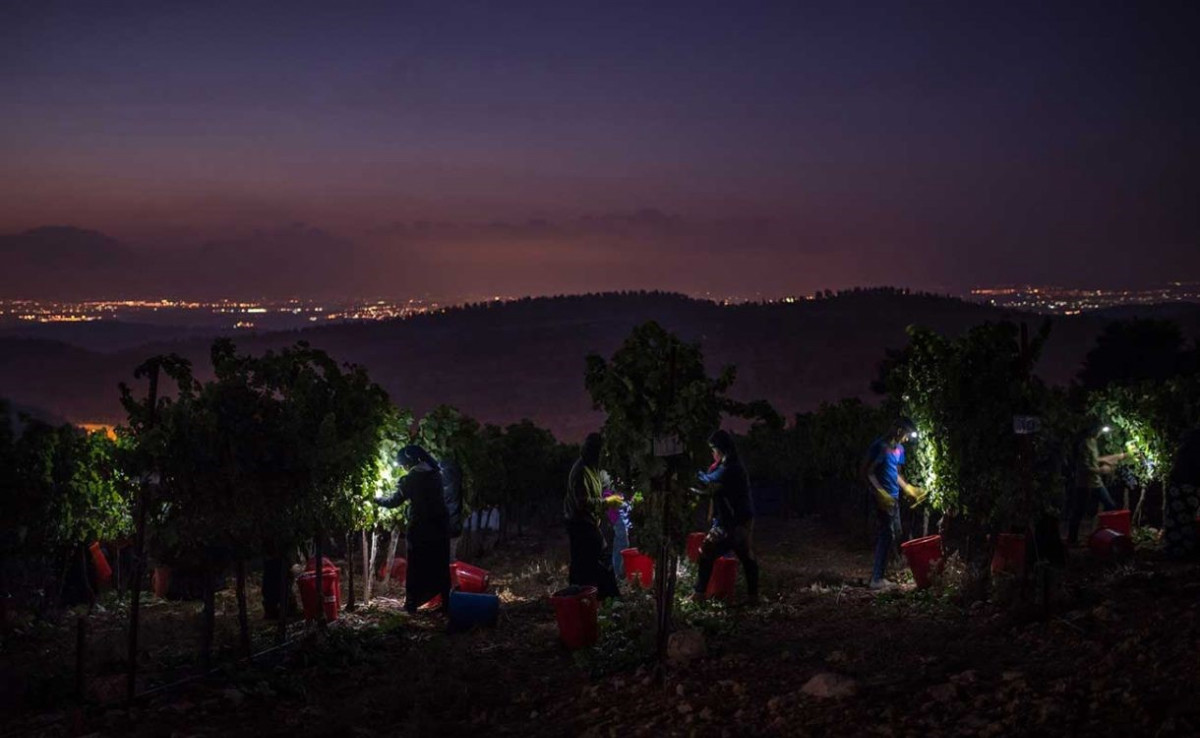
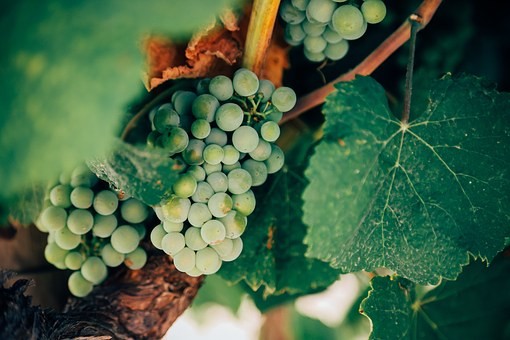
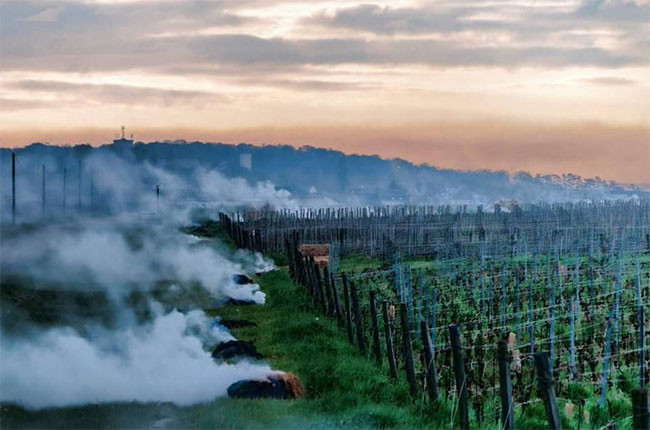
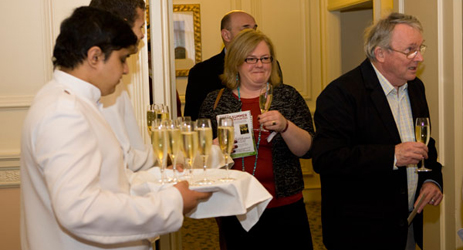
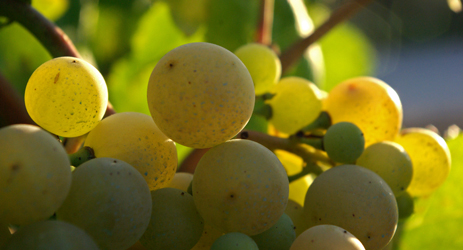
Comments
Submit